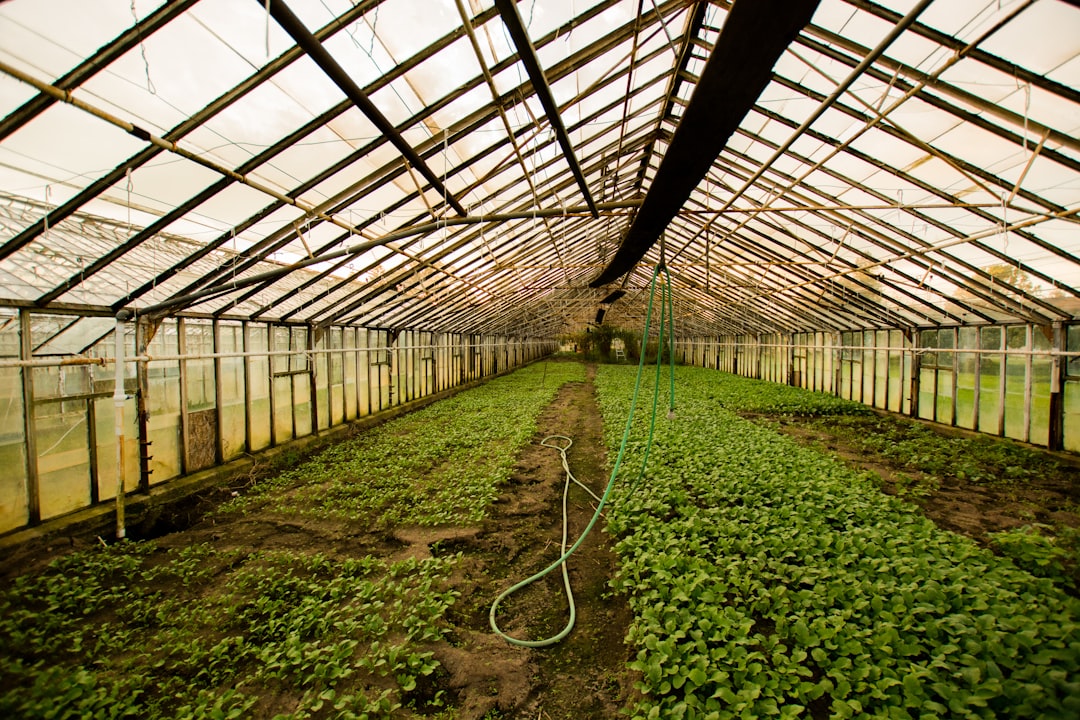Agricultural Technician Kaihangarau Ahuwhenua
Agricultural technicians perform tests and experiments, and provide technical support to assist agricultural scientists in areas such as research, production, servicing and marketing.
Agricultural technicians may do some or all of the following:
- examine topographical, soil and other physical characteristics of farmland to determine its most effective use
- assist in developing new and efficient methods of planting, fertilising, harvesting and processing crops
- identify insects, parasites, fungi and weeds harmful to crops and livestock, and come up with methods of controlling them
- analyse produce and livestock, and set and maintain standards of quality
- assist in controlled breeding and artificial insemination to develop improved crop and livestock strains
- arrange the supply of drugs, vaccines and other chemicals to farmers and farm managers, and give advice on their use
- collect and collate data for research
- plan slaughtering, harvesting and other aspects of farming production processes
- advise farmers on farming techniques and management.
Useful Experience
Useful experience for agricultural technicians includes:
- work in farming, agriculture or horticulture
- work with plants or animals
- research work
- other science or laboratory work.
Personal Qualities
Agricultural technicians need to be:
- good at problem-solving
- well organised, with good planning skills
- good at written and verbal communication
- skilled at research
- good at analysing and interpreting information.
Skills
Agricultural technicians need to have knowledge of:
- different livestock breeds
- livestock anatomy and biology
- animal-handling
- how to perform experiments and operate scientific equipment.
Conditions
Agricultural technicians:
- usually work regular business hours, but may also work evenings and weekends, and may be on call. Some agricultural technicians work long hours during peak farming seasons
- work in laboratories at universities, research institutes and factories, in glasshouses, forests and offices, or on farms
- may travel regionally or nationally for work.
Subject Recommendations
A tertiary entrance qualification is required to enter tertiary training. NCEA Level 2 science and maths is recommended.
Related Subjects
Agricultural Technicians can earn around $48K-$65K per year.
Pay for agricultural technicians varies depending on experience and qualifications.
- Agricultural technicians with one to five years' experience usually earn between $48,000 and $65,000 a year.
- Those with five or more years' experience can earn between $55,000 and $85,000.
- Senior technicians in supervisory or team leader roles may earn more than $80,000.
Source: AgResearch, 2016.
With three to five years' experience, an agricultural technician may become a senior or lead science technician.
Those with a Bachelor's degree who gain more experience or further qualifications, such as a Masters or Doctorate, may go on to work as research scientists.
Agricultural technicians usually specialise in a particular area, such as:
- Artificial Breeding Technician
- Artificial breeding technicians artificially inseminate livestock.
- Herd Tester
- Herd testers test the health of dairy stock, as well as the quality of milk that they produce.
- Research Technician
- Research technicians help scientists carry out research, testing and experiments in a particular area of importance to agriculture. This can include forage crops, pasture, soils, weeds, pests, nutrition, reproduction, animal behaviour, and plant breeding.
Years Of Training
3 years of training usually requiredThere are no specific requirements to become an agricultural technician. However, most employers prefer you to have a tertiary qualification such as a Bachelor of Science or Bachelor of Science (Technology), or Masters, majoring in the specific area of agriculture you wish to work in.
Most employers also prefer candidates who have some hands-on work experience in agriculture or horticulture such as work on a farm, work with plants or animals, or at a research facility.

 Bethlehem College
Bethlehem College